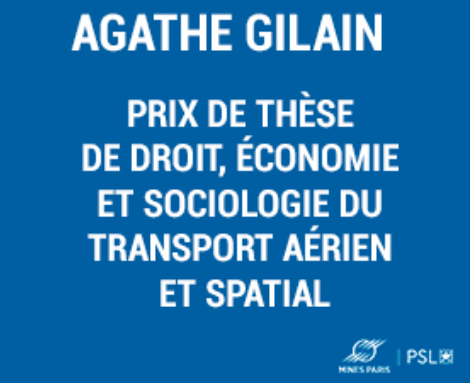




When using solar energy in a hybrid energy system (HES), its temporal variability has to be considered to
ensure grid stability. In an off-grid HES which is composed of diesel generators and PV systems, storage
systems are commonly used to mitigate the variability. However, in large-scale off-gird HESs, the benefits
stemming from storage systems are accompanied by some adverse effects: additional investment costs,
extra environmental impacts, maintenance issues, etc. Yet, the need of a storage system could be reduced
or even avoided by using a Power Management System (PMS) with short-term probabilistic forecasts. In this
concept, the PMS smartly dispatches the diesel generators according to the forecast information with
optimization solver, which aims to maintain the power balance at a minimum cost.
However, in nowadays literature, even though there are lots of existing studies about solar forecasting and
algorithms for Unit commit (UC) problems, there are no specific work studies on a concrete problem for this
kind of insular storage-less HES. Hence, this thesis aims to find out the feasibility of this concept and the gain
that we could obtain by using a PMS with solar forecast.
In literature, classic metrics like RMSE and MAE are usually used to assess the forecast quality. However,
they could not describe the system performance correctly, especially in an isolated storage-less HES.
Therefore, a proper cost-based metric that evaluates both stability and solar forecast performance is
introduced in this thesis. To simulate the HES behavior of using solar forecast information, a python-based
HES simulation platform is also implemented, which allows the achievement of a multi-scenario analysis
based on the simulation result of a concrete case study in Mali. Finally, an analysis of statistical performance
and practical performance to answer the main research questions is achieved.
This thesis shows that this concept is feasible under certain conditions, and the more advanced forecast
methods could bring higher economic gain.

Ecole
240 ans de recherche et de formation
Vidéo : 240ans de recherche…
> En savoir +

Formation
Mines Paris plébiscitée par ses étudiantes
Mines Paris - PSL, une école qui répond…
> En savoir +

Formation
Femmes de science
Chercheuses confirmées, doctorantes, élèves ou alumni,…
> En savoir +

Formation
Quelle école d’ingénieurs a le…
Mines Paris - PSL au Top 5 du classement LinkedIn 2023…
> En savoir +

Formation
Virginie Ren remporte un Trophée Veolia de la…
Virginie Ren, ingénieure Mines Paris - PSL, en…
> En savoir +

Formation
Agathe Gilain, Prix de droit, économie et…
L’Académie de l’Air et de l’Espace…
> En savoir +
